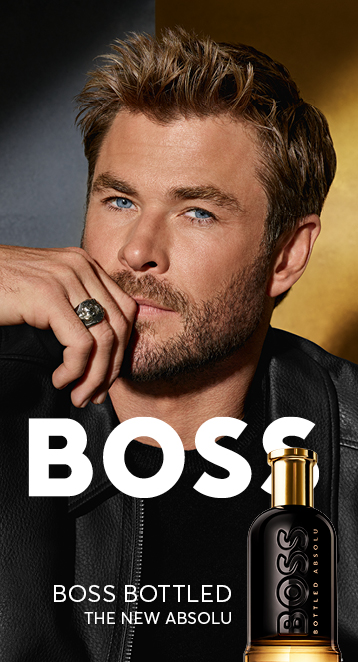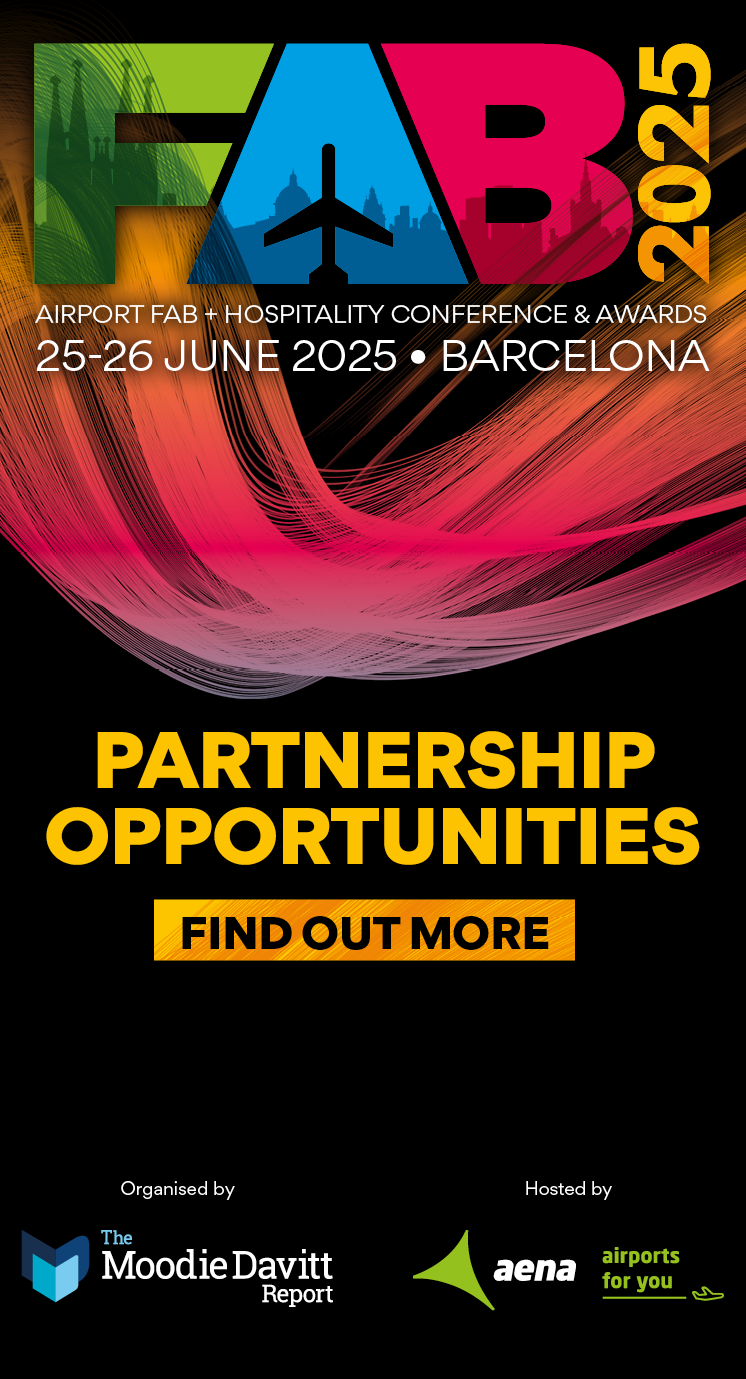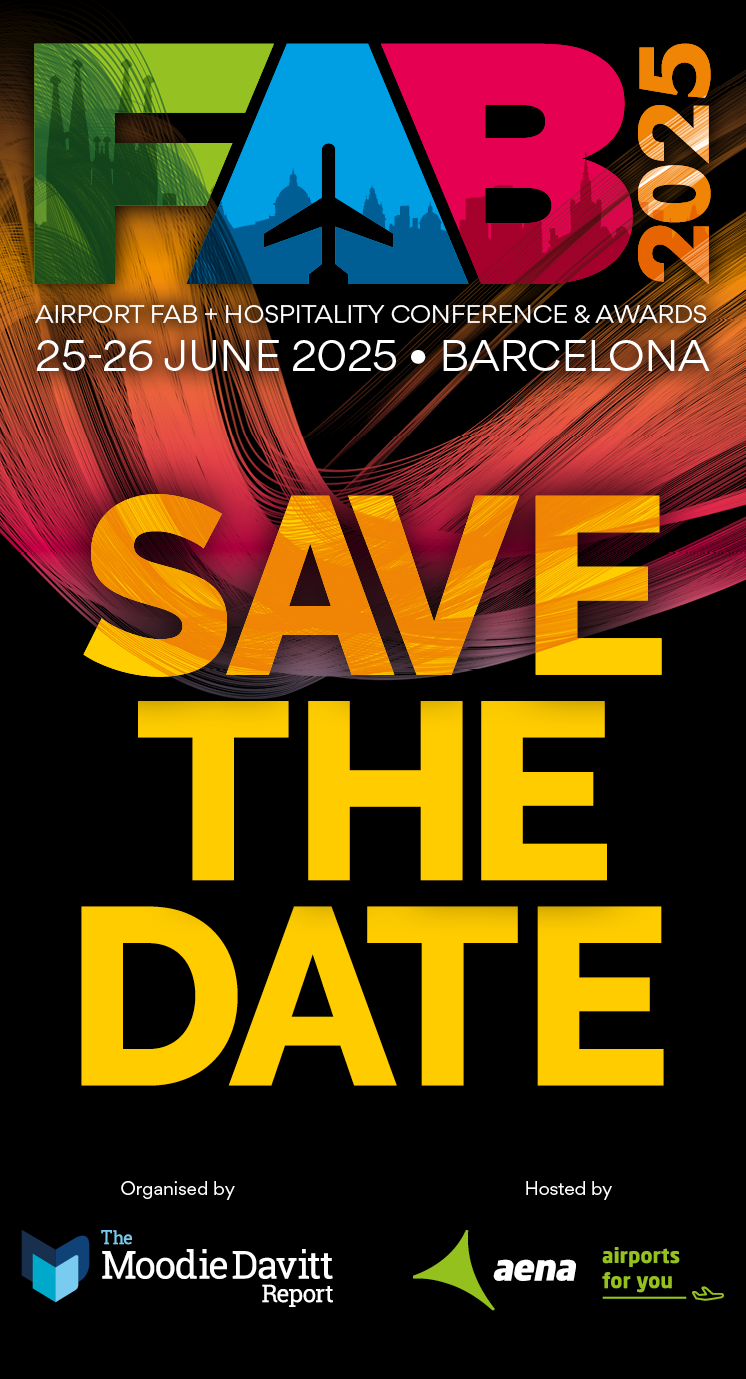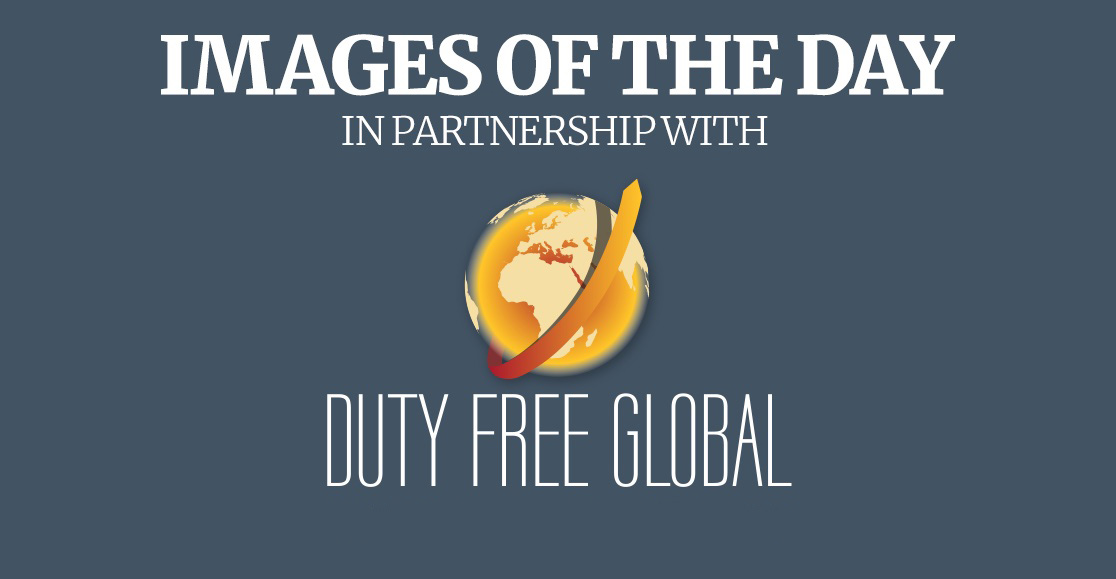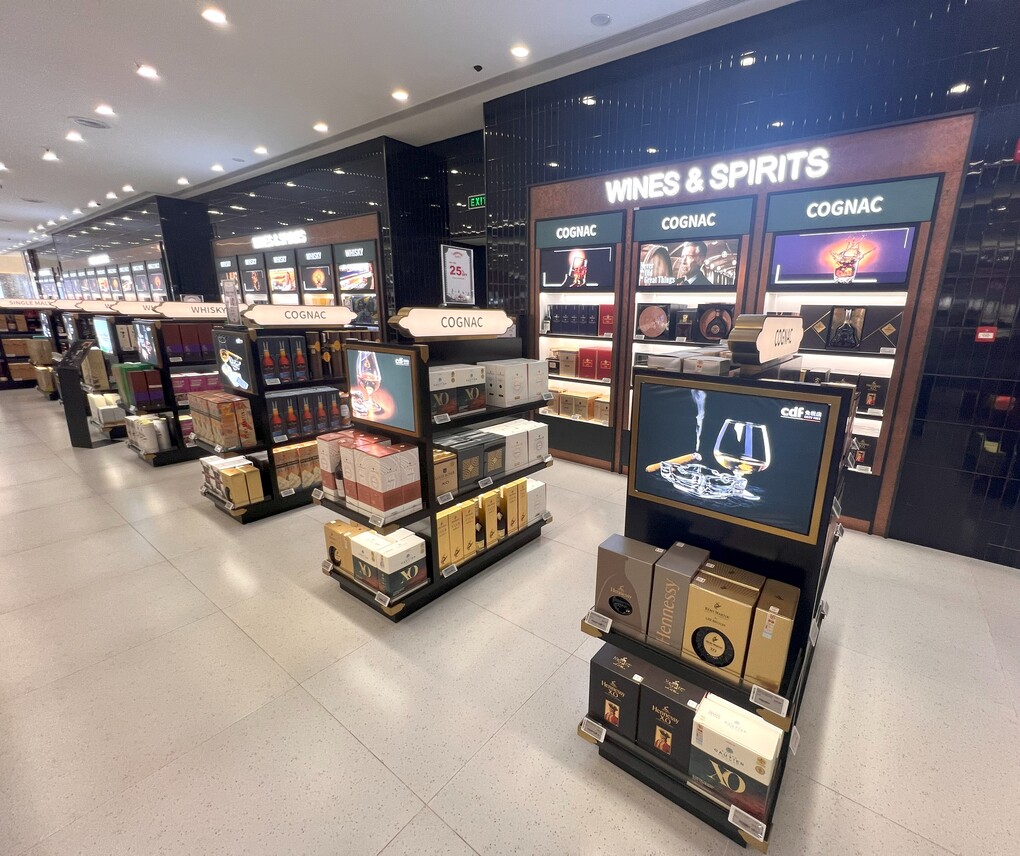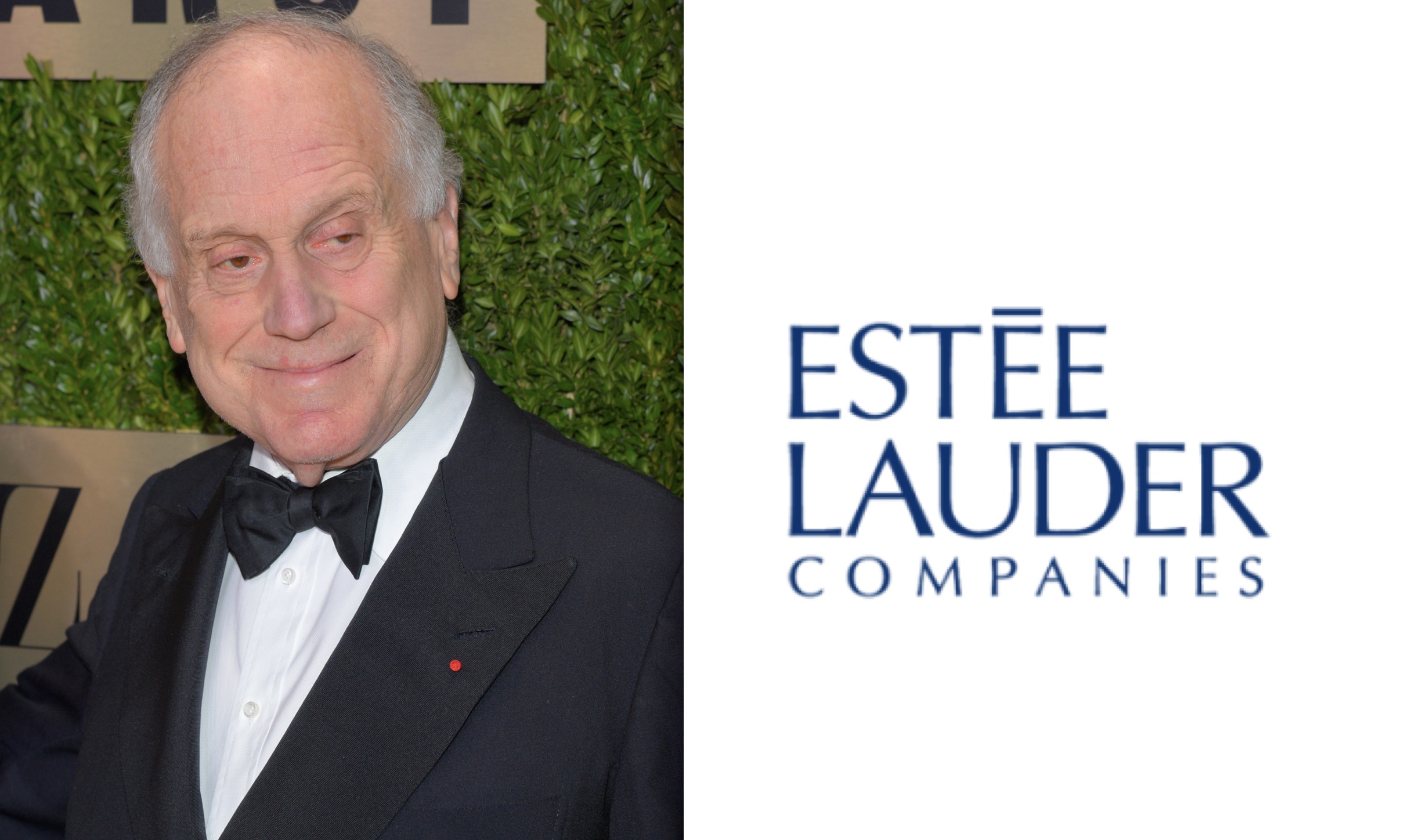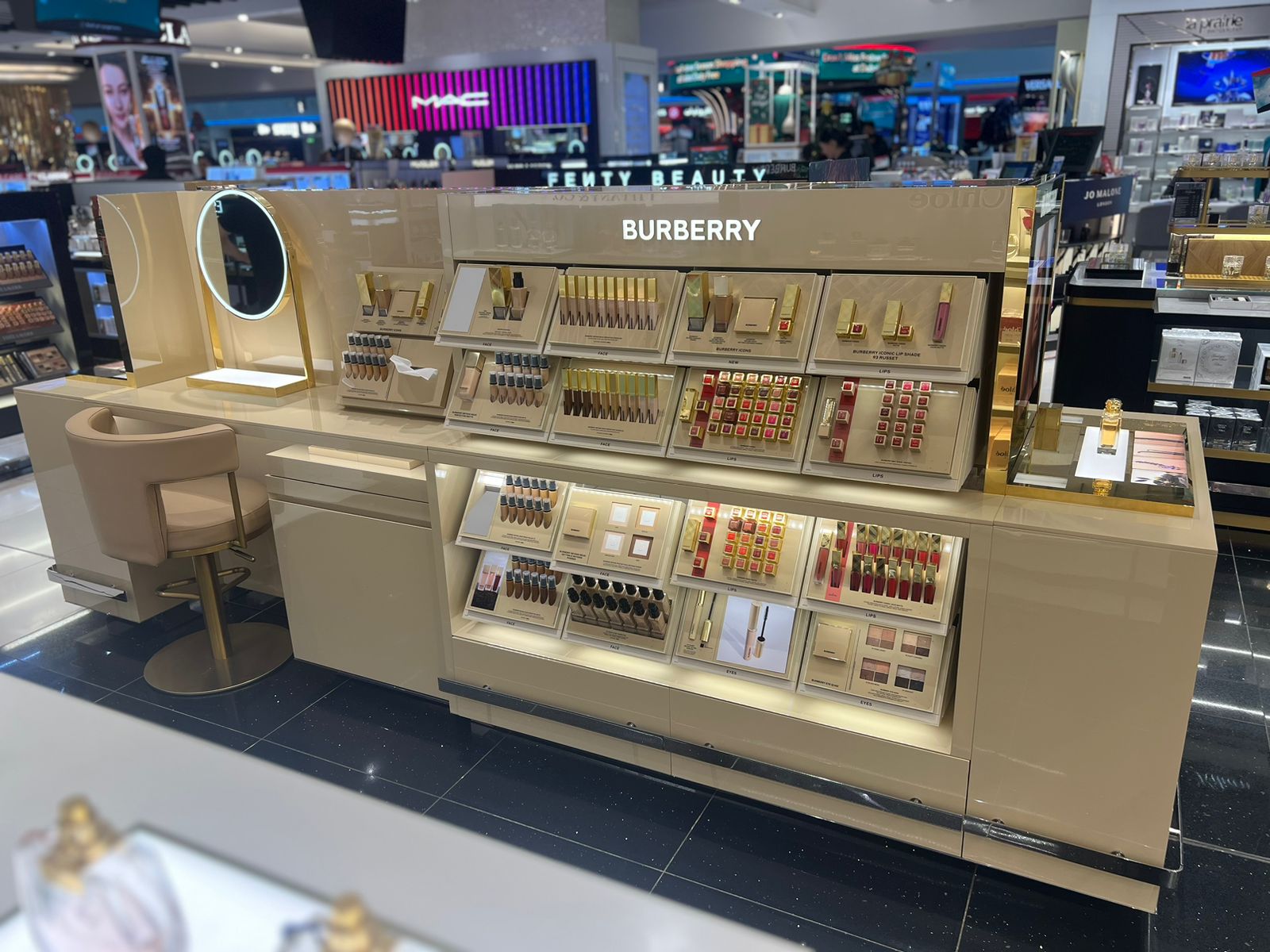
Keith Hunter is Co-Founder of Hunter Palmer – Global Retail Solutions*, a former Senior Vice President of Qatar Duty Free for Qatar Airways and a regular columnist for The Moodie Davitt Report. In his latest contribution, he calls for joined-up thinking between airport retail, food & beverage and even lounge operations. And he highlights the experiential advantages that airport shopping offers over online competitors.
I went to a restaurant a while ago, one that subsequently became our favourite haunt in Doha, Qatar. My brother had joined us and was struggling to read the menu in the dim lighting. Like magic, a waiter appeared with an ornate inlaid box, opening it to reveal rows of gleaming reading glasses. Having selected a pair, the glasses were carefully polished and voila, all was clear and my brother proceeded to over-order as usual.
So inspired, we later adopted this service in one of our new restaurants, but took it a few steps further. Choosing a popular, well-known brand of reading glasses, we put a selection, covering various degrees of lens strengths, in a branded presentation case. The stock was supplied by our own duty free and so glasses were also offered for sale if the customer so desired. iPads were made available for children to use to keep them entertained whilst mum and dad enjoyed the peace and quiet and these iPads also provided a platform to market and sell the broader duty free retail offer whilst people dined.
These little touches are what differentiate one restaurant from another. A friendly greeting or attention to the little details make it a special experience. The customer is happy and the restaurant wins repeat business. However in an airport, this overlap between F&B and other services can benefit the customer ever further.
Airport F&B can seem a bit tired. A lack of natural light and a stuffy atmosphere on a concourse lined with long rows of not-quite-as-good-as-the-high-street outlets can engender a sigh from the tired traveller as he or she passes the line of shops to reach the food court.
The physical separation of F&B from retail is built around the idea that people shop and then they eat or vice versa, but in fact nowadays a meal around a table can be a rare thing, and in fact people shop and surf the net while eating a sandwich at their desk, or have dinner in front of their laptop at home.
An airport has the unique opportunity of being an extension of this environment, but with the enormous potential for retail and F&B sales offered by a captive audience with time on their hands.
With this in mind, airports have to consider the synergy between F&B and retail in their planning, and make the most of the additional sales and cost-savings that can be achieved as a result. Thoughtful design of back-of-house infrastructure, for example, can enable restaurants to share kitchens or produce product for gifting food outlets; provide room service in airport hotels; or the dining solution for the host of lounges on offer. Rafts of synergies are possible at the airport design stage.
“The time has come to move away from the segregated approach and consider more of the opportunities that can be realised through cross-pollination”
But for the established airport, in discussions with concessions and suppliers, the time has come to move away from the segregated approach and consider more of the opportunities that can be realised through cross-pollination.
As an operator, when in discussions with your whisky supplier, you will be considering the success or otherwise of their product in duty free, talking about how it will be promoted and what special offers they might provide for your customers. However, is someone else then talking to them again about supplying whisky for the bars (or even the mini bars in the hotel rooms)? Does the concessionaire running that bar have a separate conversation with the supplier about that product?
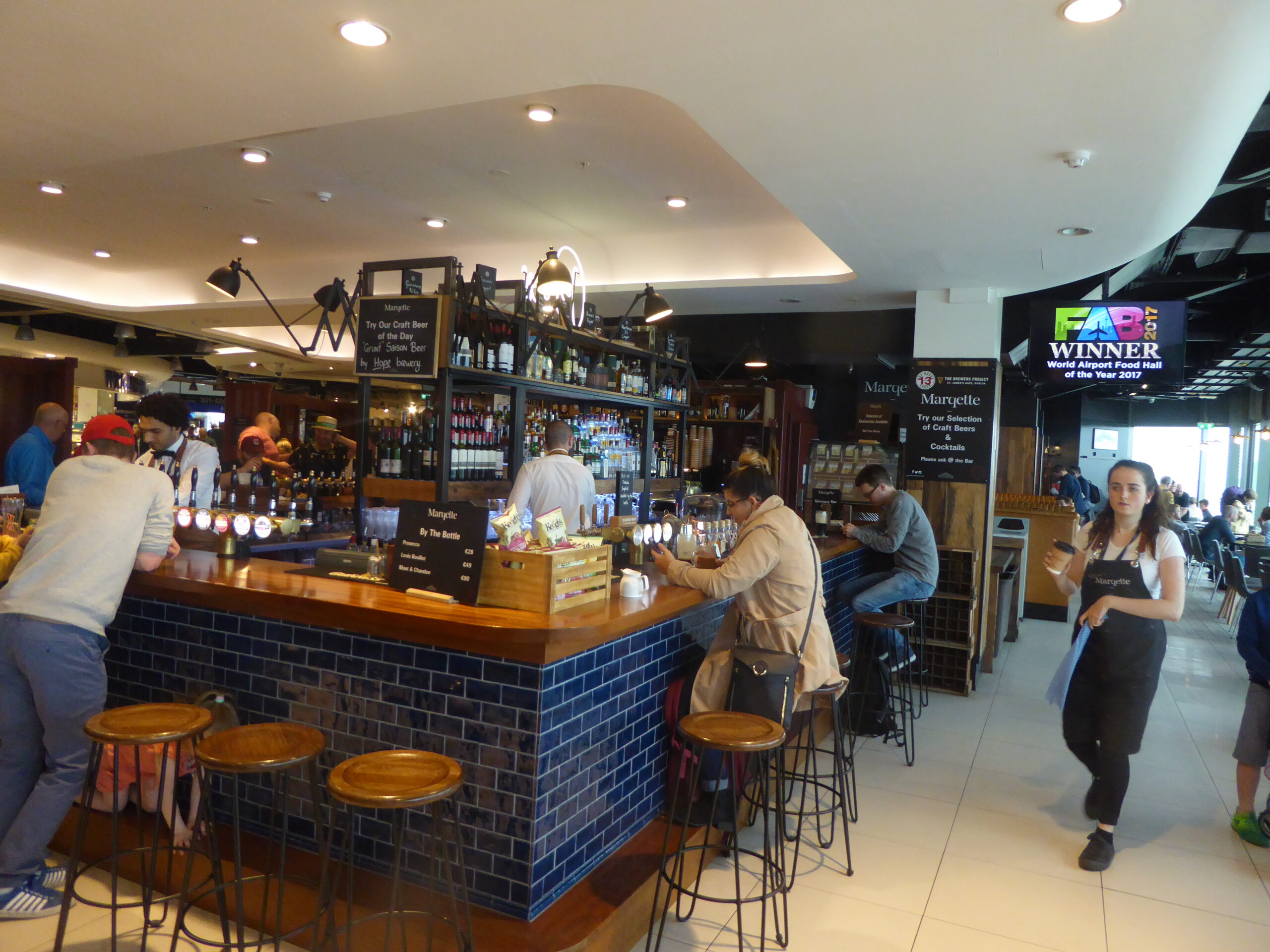
Imagine a customer is relaxing in the utopian lounge, wearing the branded earphones supplied, sipping a mint tea and watching a film on a tablet while having a manicure. She decides she loves the feel of the headphones, the taste of the drink, the picture quality of the tablet and the colour of her nail polish, in fact the whole calming experience makes her want to re-create the experience at home.
How simple could it be to ensure that every product and experience she comes into contact with is readily available for sale at her convenience, without having to hunt around the terminal?
“This is the main advantage airports have over the online giants. There are precious few alternative environments that host such a captive audience, allowing them to showcase the best of the best, offering potential buyers the rare opportunity to experience the product, its provenance and its benefits before buying.”
It could even be purchased, prepared and waiting for her on her seat when she boards the plane for the next leg of her journey, or delivered directly to her home.
This is the main advantage airports have over the online giants. There are precious few alternative environments that host such a captive audience, allowing them to showcase the best of the best, offering potential buyers the rare opportunity to experience the product, its provenance and its benefits before buying.
Those that forego this experience and just shop online gamble with not being able to smell the fragrance first, or have the differences between the vast array of skincare products explained to them to better understand which product or brand will work best on their skin type. Nor will they be able to try on that garment, play with the features on the latest android phone, taste the chocolates, see how the watch sits on their wrist or witness how that designer jewellery matches their outfit.
All of this done in an environment tailored to your needs, with trained advisors and sales staff to help you make the best choice whilst you are passing the time until your flight departs. Granted the same can be said for most shopping malls and department stores but they can’t always offer the range of brands, and they do not have the added benefit of airport exclusives and the all-important duty free prices.
True synergy goes beyond physical placement of outlets or products. It extends to the training and understanding of staff, whether appointed by the airport or by concessions and suppliers, and begins at the negotiation stage. Whether a passenger is in a restaurant, café, shop, beauty salon, rest area or hotel, they should be able to access and purchase what they see, smell and taste.

Suppliers need to understand the benefits of merging offers. On paper it may sometimes seem that certain offers might cannibalise others, but if the first offer complements the environment it is in and leads to increased sales overall, this should override concern about internal competition.
Retail and F&B are all about making the product look attractive to the customer. However that attraction does not only have to be visual, it should appeal to all the senses, and can in itself be an experience that entices the customer to part with their cash.
The passenger has now left the lounge and is sat in that tin tube in the air, considering how to pass the next six hours until she reaches her next destination. She flicks through the inflight shopping on the screen on the back of the headrest and finds that perfect gift for her niece, available inflight and nowhere else, and with an option to have it shipped direct to a US address.
Here comes the tie-in with the airlines. If people experience/discover a product on a flight and want to buy it later, the process has to be made as simple as possible. The airlines have a marketing and communication window open to their passengers like no other. By offering free wi-fi on flights, they give passengers access to inflight, pre-flight or post-flight shopping from which the airline can take a fee on any purchase. If they taste that wine onboard and want to buy a bottle to take home, they should be able to do so. Any product can be supplied by the duty free at each destination, with airports helping to facilitate this.
For everyone to win, the old adage stands that they must work together as one. However there has to be commitment to make it work.
Constantly retail is being squeezed as airports offer higher passenger numbers and expect higher returns as a result, without always necessarily offering outlets the right kind of passenger or the chance to adapt to the changing mix. Any process that improves the experience for the passenger while increasing revenue for airline, airport and operator must be a good thing. But this can only be realised through that synergy.
 *Hunter Palmer – Global Retail Solutions works with airlines, airports, investors, operators and hospitality companies to help develop their strategic positioning and improve business performance. The new venture is a partnership between long-time industry executives Keith Hunter and Nick Goddard-Palmer.
*Hunter Palmer – Global Retail Solutions works with airlines, airports, investors, operators and hospitality companies to help develop their strategic positioning and improve business performance. The new venture is a partnership between long-time industry executives Keith Hunter and Nick Goddard-Palmer.
Keith Hunter was formerly Senior Vice President of Qatar Duty Free for Qatar Airways. He spearheaded the Hamad International Airport retail project, designing the strategy and mix and all elements of development, through to the opening and operation of the airport in May 2014. He also served as a board member of the Middle East & Africa Duty Free Association (MEADFA) for five years.
Goddard-Palmer played a key role in the development of Hamad International Airport’s F&B programme and also served as CEO of DDFS at Indira Gandhi International airport, Delhi and as project development manager for Cyprus airports.
Contact details:
Keith Hunter:
Email: keith@hunterpalmer.net
LinkedIn: linkedin.com/in/keithhunter2016
Tel: +44 (0) 7951 799 094
Nick Goddard-Palmer:
Email: nick@hunterpalmer.net
LinkedIn: linkedin.com/in/goddardpalmer
Tel: +44 (0) 7951 799 394
Website: www.hunterpalmer.net
LinkedIn: linkedin.com/company-beta/11111778





